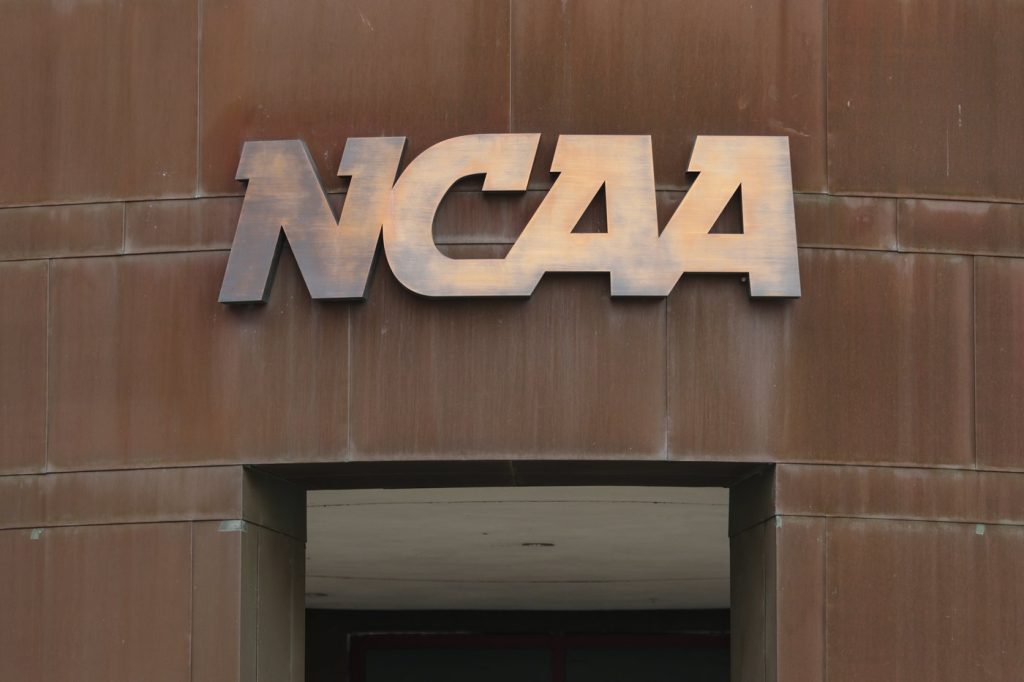A recent court filing in a high-stakes, multibillion-dollar lawsuit concerning college sports has raised significant concerns over the proposed remedy related to the roster-limit rule. This lawsuit has drawn attention due to its potential implications for student-athletes, particularly those who lost their spots on teams as colleges prepared for changes expected from a $2.78 billion settlement regarding athletes' rights. The proposed changes would allow schools to pay athletes directly, which has created a contentious atmosphere as affected players voice their concerns.
The court filing was submitted on behalf of John Weidenbach, a walk-on football player at the University of Michigan, and Grace Menke, a rower from Yale. They are contesting the remedy that suggests athletes who were cut because of roster limitations would not be counted against the new roster limits starting in the next academic year. This proposal has been met with skepticism, as it appears to not adequately protect the interests of those who have been adversely affected.
U.S. District Judge Claudia Wilken has expressed hesitance in approving the settlement due to existing roster cap regulations, which could displace numerous athletes. Wilken's suggestion to allow existing roster members to be “grandfathered in” was made to mitigate the impact of these new limits. While the new roster rules promise expanded scholarship opportunities across various sports, they also threaten to eliminate spots for many athletes, particularly walk-ons and those on partial scholarships.
The objection filed by Menke and Weidenbach contends that the NCAA's proposal is insufficient in protecting athletes. Among the concerns raised is that the proposal renders it optional for schools to reinstate players to their previous positions, allowing for possible inconsistencies in how schools might justify decisions to cut athletes. The court filing criticized this lack of accountability, highlighting that students would have no recourse to challenge the rationale behind their removal from teams.
The filing articulated that many schools already made cuts in anticipation of an approved settlement, which Judge Wilken has previously stated was a misunderstanding of the situation. The attorneys representing these athletes have communicated that families and athletes have been suffering serious consequences due to the implementation of roster caps. They expressed disbelief at the NCAA's apparent disregard for the well-being of athletes and emphasized that simple solutions to address these issues were available but overlooked.
Among the alternative proposals suggested by the objectors was a directive for schools to automatically restore players to their original roster positions. This would include stipulations allowing schools to cut athletes for valid reasons not related to the limits, such as academic issues or behavioral misconduct. Under the current proposal, affected athletes would have the option to return to their previous teams or transfer to new institutions without counting against the roster limits of these schools. However, this might not adequately address the disruptions already caused to many athletes’ careers.
As the case progresses, Judge Wilken is currently accepting filings from objectors until Tuesday. Following this, the NCAA and the plaintiffs will have the opportunity to respond to these objections by Friday. The outcome of this legal battle holds significant ramifications for collegiate sports and the rights of student-athletes, as the proposed changes to roster limits could transform the landscape of college athletics for years to come.











